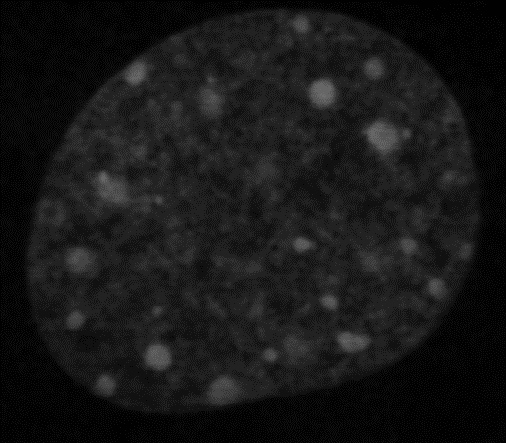
Welcome to the Developmental Epigenomics lab
Human developmental disease
In the context of chromatin disorders such as DNAmethylopathies and BAFopathies, we aim to elucidate how mutations in epigenetic regulators contribute to monogenic disorders.
Epigenetic regulator function
We investigate how so called “readers”, “writers” and “erasers” of chromatin marks contribute to neuronal and immune cell development and function.
Epigenetic inheritance
We study how epigenetic (dys)regulation contributes to phenotype within or across generations, and aim to identify genomic loci, termed metastable epialleles, that are particularly susceptible to environmental influences.

We employ discovery-driven single cell and single molecule (epi)genomic approaches to expose chromatin and transcriptional dysregulation in mammalian (stem) cell model systems and/or patient-derived cells. We then use hypothesis-driven genetics, biochemistry, molecular biology and Crispr/Cas9-mediated (epi)genome-editing approaches to systematically unravel the underlying molecular processes.
NEWS
Qing Yu joins the lab as a postdoc. She will investigate dosage sensitivity in BAFopathy. Welcome Qing!
Eline successfully defended her PhD thesis. Congratulations Dr. vd Sluijs!
Collaborative paper with Bas Heijmans lab out in Molecular Psychiatry! Yunfeng identified SENP7 and UTF1/VENTX as new loci influencing clustered protocadherin DNA methylation.
Federica Motta joins our lab as a PhD candidate. She will investigate stress signalling in chromatin disease. Welcome Federica!
Our ZonMw PSIDER Top application to investigate dosage sensitivity in BAFopathy was funded!
Maja successfully defended her PhD thesis. Congratulations Dr. Vukic!
New preprint on Biorxiv: The epigenetic reader MORC3 is required for T cell development in the thymus
